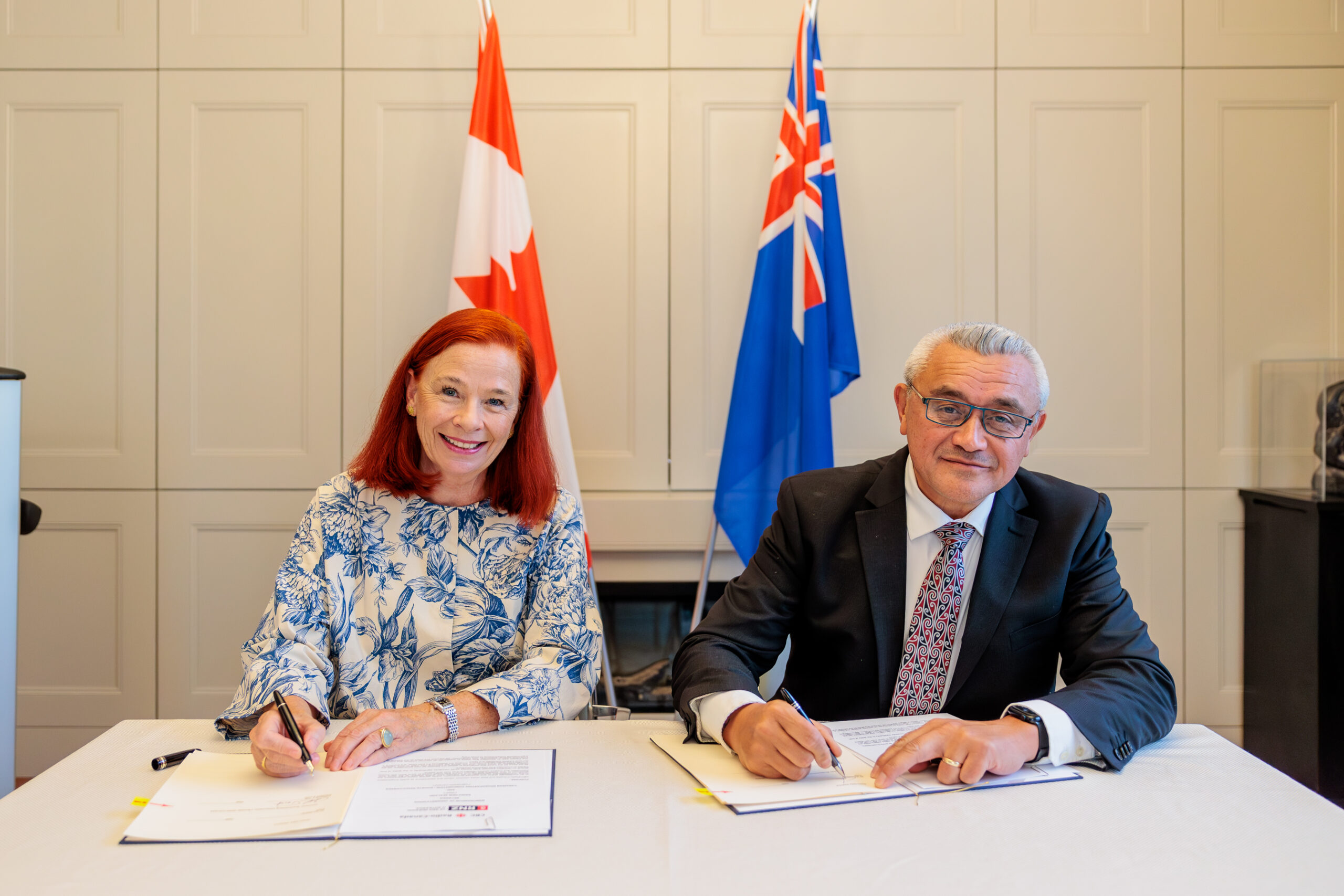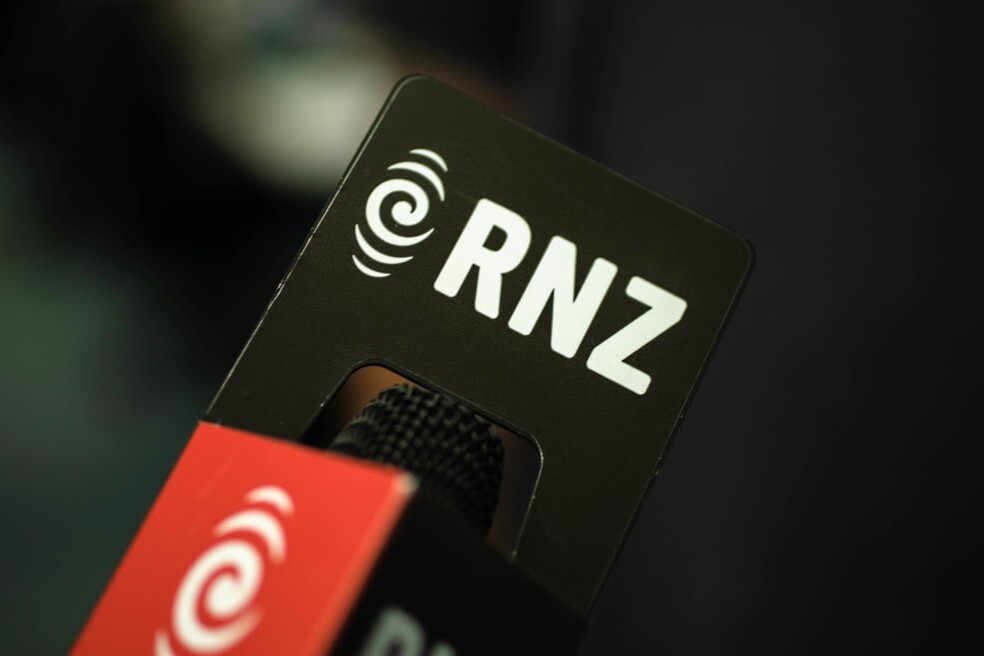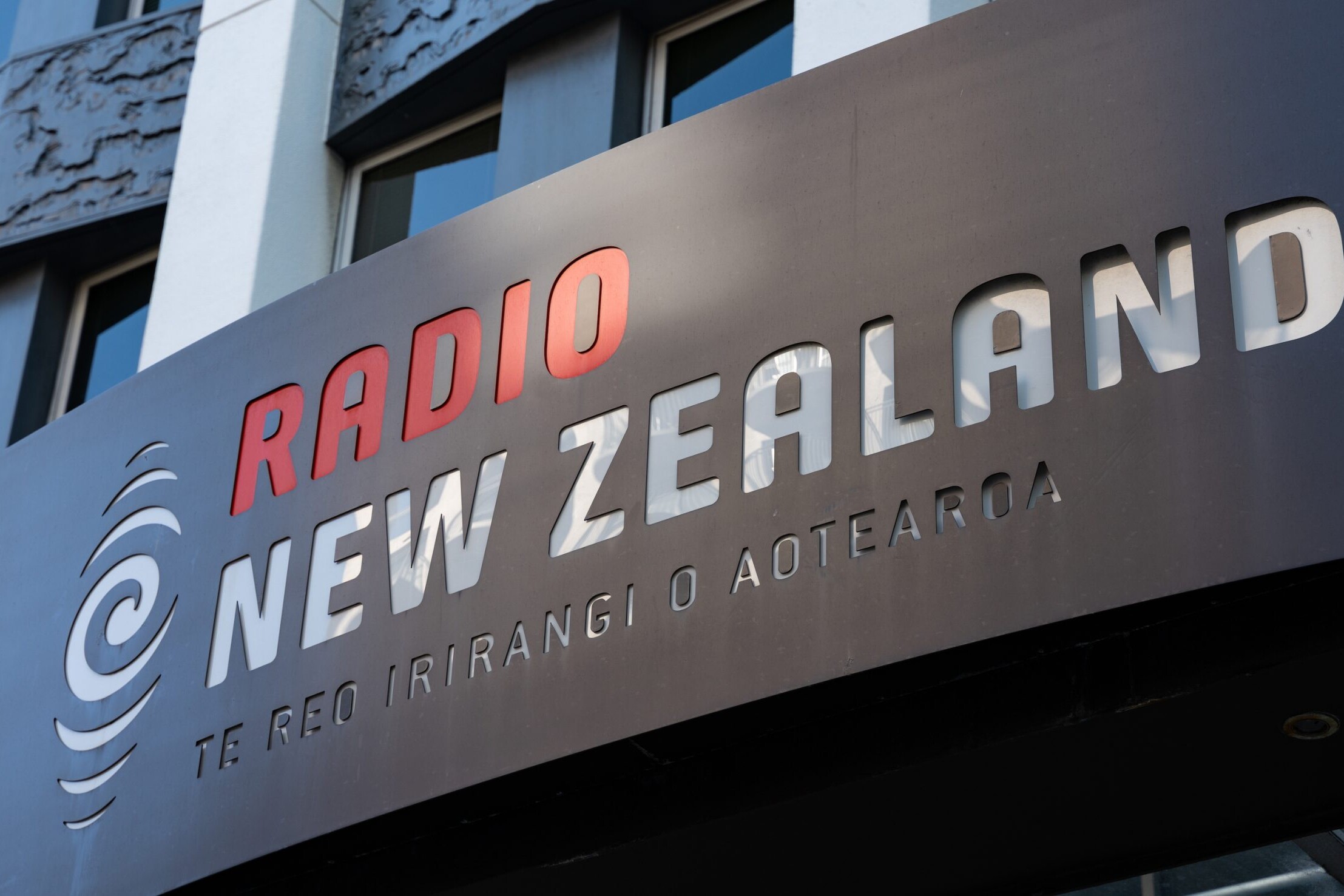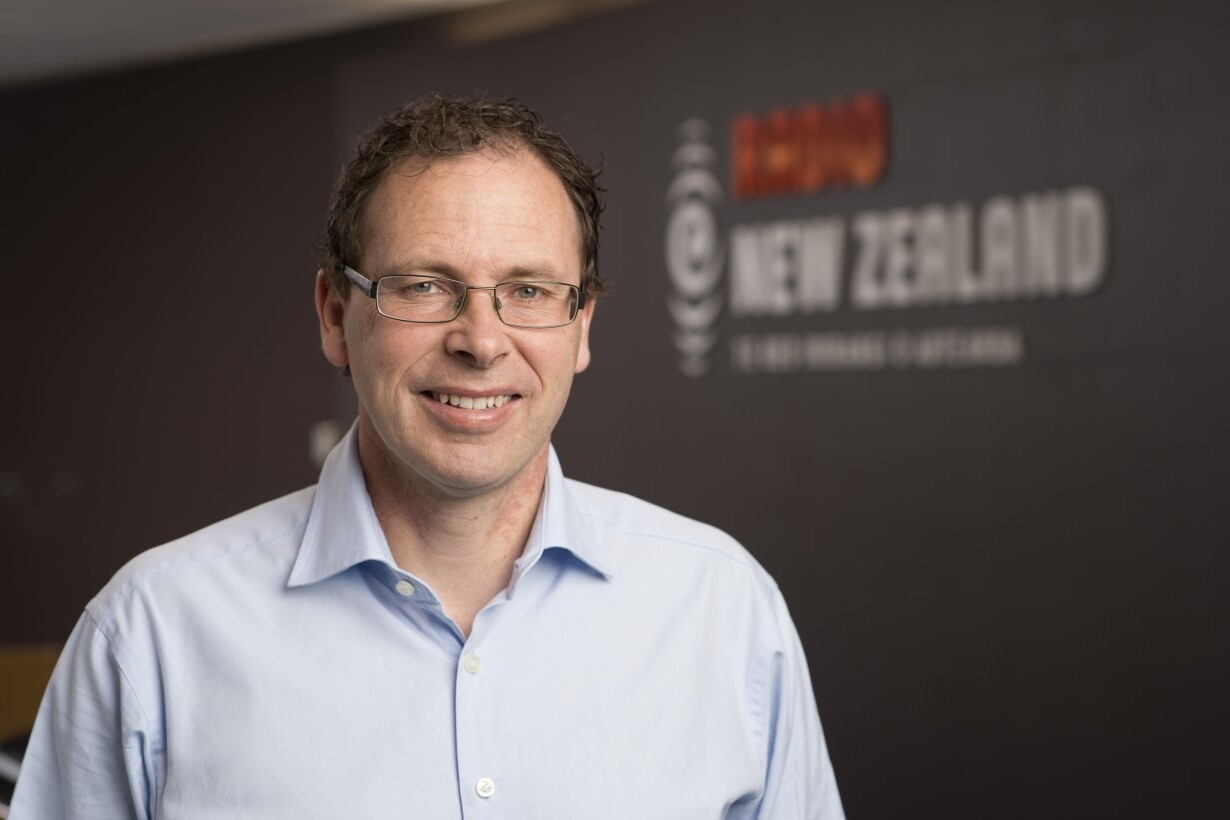NZ: Independence of PSMs criticised by new Deputy PM
28th November 2023
New Zealand’s new Deputy Prime Minister has attacked the independence of public broadcasters over their use of the Indigenous Māori language.
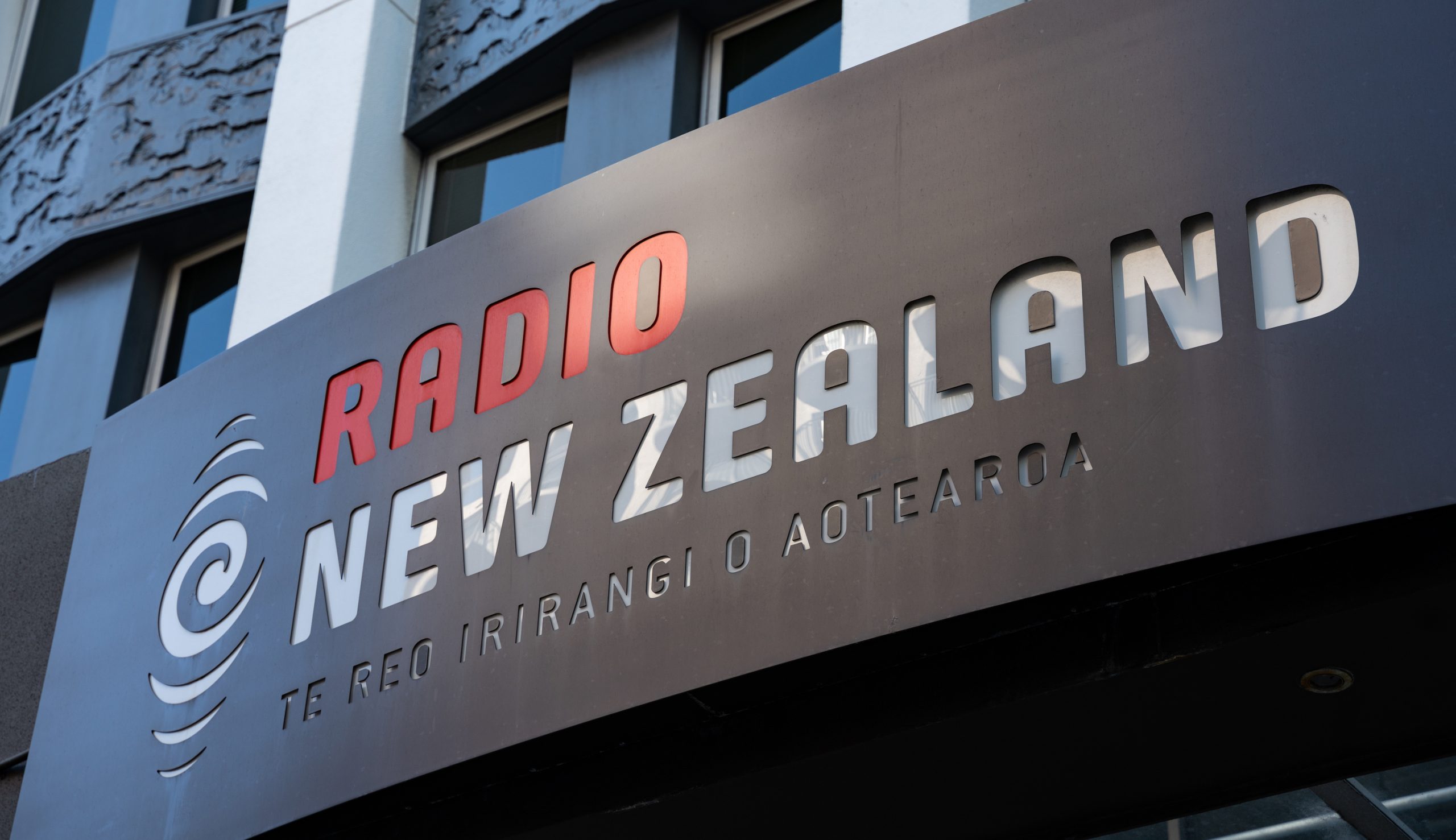
IN BRIEF:
- New Zealand’s new deputy prime minister has questioned the independence of the country’s public broadcasters minutes after being sworn in.
- Winston Peters wants RNZ and TVNZ to rein in their use of the Indigenous Māori language, which the broadcasters are legally required to support.
- He also falsely accused the media of being bribed over the Public Interest Journalism Fund.
IN FULL:
New Zealand’s new deputy Prime Minister launched an attack on the independence of the country’s public broadcasters only minutes after being sworn in.
Winston Peters also falsely accused the country’s media of being bribed, a claim he repeated ahead of the new government’s first Cabinet meeting on Tuesday.
The right-wing coalition government was sworn in on Monday, led by the centre-right National Prime Minister Christopher Luxon, with the support of the libertarian Act party and Mr Peters’ nationalist NZ First party.
Read more: Why RNZ is dedicated to the use of te reo
As part of their coalition agreement, the new government agreed to wind-back several policies for the indigenous Māori language, and to review the principles surrounding the country’s founding document, the Treaty of Waitangi, which affords Indigenous Māori certain rights.
One of the key policies is for government departments to remove Māori names from their titles (most names and logos are bilingual so, for example, the transport agency would remove ‘Waka Kotahi’ from its name) and to communicate primarily in English.
Peters: ‘Are they independent?’
On Monday, after being sworn in, Mr Peters accused state-funded media organisations of a lack of independence from the previous Labour-led government. He was then asked how quickly he expected government departments to act on removing the Māori names.
“Well, we’ll see the speed at which TVNZ and RNZ – which are taxpayer owned – understand this new message. We’ll see whether these people, both the media and journalists – are they independent? Well, isn’t that fascinating, I haven’t seen evidence of that in the last three years.”
Listen toour podcast
Uncovering and exploring the biggest
issues facing public media
“You can’t defend $55 million of bribery,” he added, referring to the Public Interest Journalism Fund, a three-year $55m contestable fund for journalists initially established to shore up media during the Covid-19 pandemic. Mr Peters was part of the previous government (2017-2020) that created the fund.
The attack on RNZ and TVNZ’s independence was widely condemned, including by the political editor of private station Newshub on its main broadcast. The new Attorney General, Judith Collins, who in the past has questioned the fund, also sought to damp down outrage, saying “Yesterday was a big day for everybody and I’m sure that we’re going to end up with a pretty good relationship with media.” Meanwhile, the Broadcasting Minister in the previous Labour government, Willie Jackson, defended the fund, also adding that the previous government had no influence over RNZ or TVNZ. “The rules are very clear, we can’t interfere, we can’t intervene… You guys have to have your own independence,” he said.
The RNZ charter requires the broadcaster to be independent, including providing “reliable, independent, and freely accessible news and information”.
While the organisation is funded by the government, by law no ministers or person acting on their behalf may give direction to RNZ relating to programming, newsgathering or presentation, and cannot have staff removed.
While TVNZ operates on a commercial basis and does not have a charter, its independence is similarly protected.
Use of te reo Māori protected
Both RNZ and TVNZ have also been using an increasing amount of te reo Māori in their programming in recent years, such as hosts on anchor programmes using Māori greetings and place names during reports. Although this has long prompted backlash from some Pākehā (European) New Zealanders.
The RNZ Charter also enshrines the broadcaster’s championing of te reo Māori, including the broadcasting of the language and culture. The broadcaster has a strategy to normalise the use of Māori on air and online, and last year broadcast 193 hours of Māori content, a significant increase on previous years. Given such an instruction is mandated in the Charter, it is outside the boundaries of the government’s competence to interfere with how much te reo Māori is used by RNZ.
“We’ll see whether these people, both the media and journalists – are they independent?” – Winston Peters, Deputy Prime Minister.
However, the public broadcaster has had highly publicised struggles over a lack of Māori in frontline presenter roles, and earlier this year it was criticised by another former cabinet minister for an inability to retain Māori staff, which was endorsed by many Māori leaders.
In 1990, the Waitangi Tribunal found that “the predominance of English in the media has had an adverse effect upon the Māori” and “in the formulation of broadcasting policy regard must be had to the finding that the Treaty of Waitangi obliges the Crown to recognise and protect the Māori language.”
These findings, and a range of other legal action taken by Māori organisations against broadcasters, led to the government instructing RNZ and TVNZ to broadcast more Māori content, and also paved the way for a network of tribal radio stations and, eventually, the public broadcaster Māori Television / Whakaata Māori.
Last year, the country celebrated 50 years of the Māori language petition, which led to the enshrining of Te Reo as an official language and what has been widely dubbed the ‘Māori renaissance.’
Related Posts
2nd August 2023
RNZ facing overhaul after editorial standards audit
RNZ faces an overhaul of its news…

